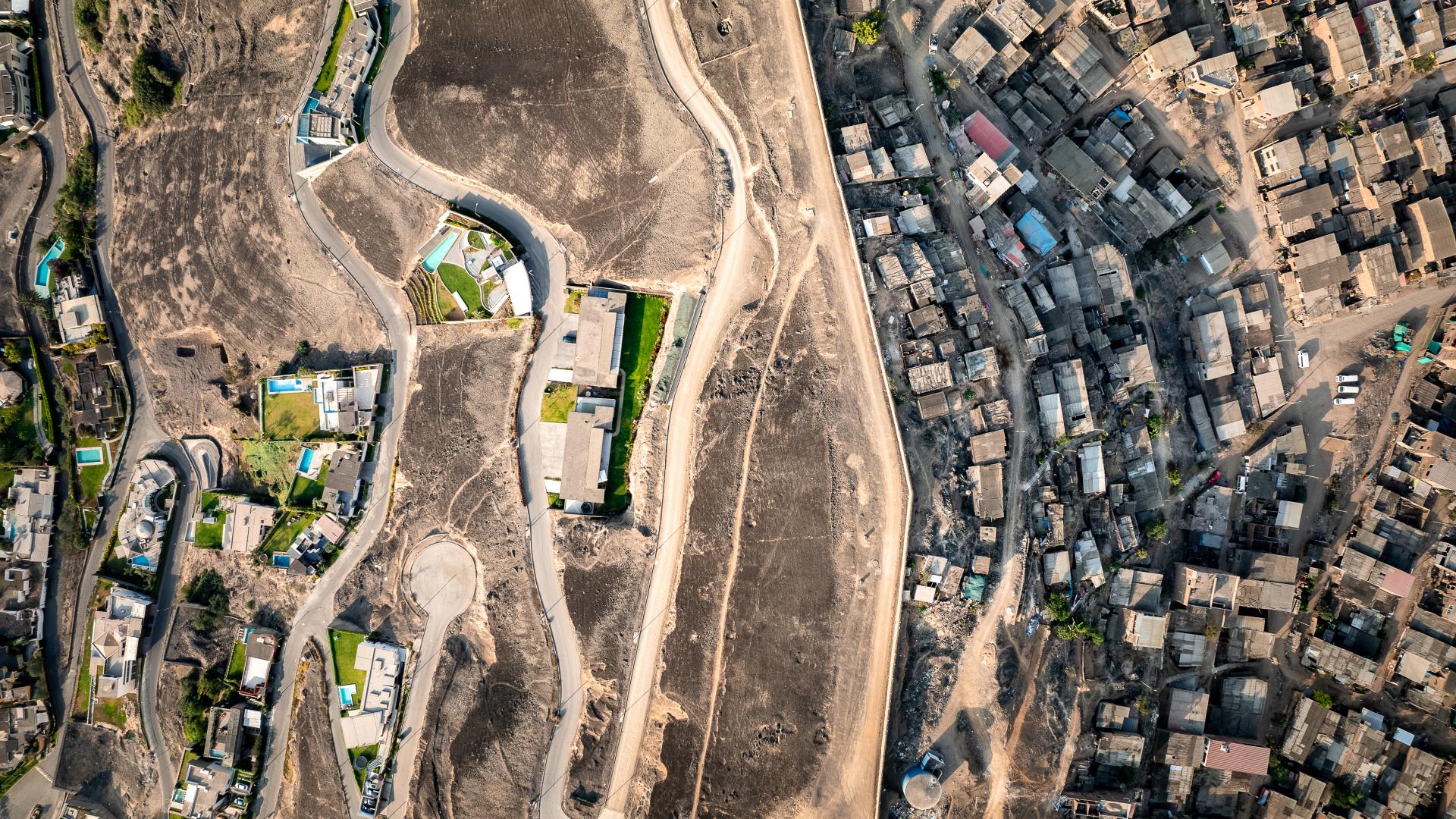About
The Cornell Mui Ho Center for Cities transfers knowledge to action to build more equitable and sustainable cities today and in the future.

The Cornell Mui Ho Center for Cities in the College of Architecture, Art, and Planning works to advance new knowledge to create just, equitable, and sustainable cities where all people can live and thrive. Within the College of Architecture, Art, and Planning, the center brings together, and supports, the research, design, and creative capacities of the faculty who work on cities and urban issues to develop and disseminate new knowledge and to mentor the next generation of urban researchers and practitioners. Beyond Cornell, the center works for positive change in cities in the United States and internationally through strategic partnerships and engagements with research institutes, public officials, civil society, communities, artists, activists, and private industry. The center supports faculty research that is timely, applied, and place based to effect positive change in the cities of today and the future.
The center, through its research and knowledge production, seeks to contribute positively to the planning, design, building, governance, and representation of more just, equitable, and sustainable cities and their publics. The most wicked, complex, and entrenched challenges cities face—and their solutions—do not sit neatly within the purview and boundaries of academic disciplines, paradigms, an analytical approach, or organization. For this reason, the center is committed to research that connects, intersects with, and transcends academic disciplines as well as the use of diverse research strategies, methods, data, and practices. The center is committed to creating and maintaining collaborative relationships with external stakeholders and transdisciplinary analytical work.
Are we building the cities we want and need? We use our analytical capacity to evaluate the impact of our initiatives, the work we do with our partners, and our research and innovation.
Economic Development
- Increased economic growth and revitalization
- Improved productivity
- Reduced unemployment
Environmental Sustainability
- Adoption of climate change mitigation and adaptation measures
- Reduced GHG and other harmful emissions
- Improved air and water quality
- Reduced waste
Social Equity
- Improved access to urban infrastructure and services
- Increased availability of affordable housing
- Reduced crime and improved public safety
- Expanded access to public and green space
Stakeholder Engagement
- Expanded opportunities for public involvement in planning, policymaking, and design
- Increased public participation in agenda setting and resource allocation decisions


